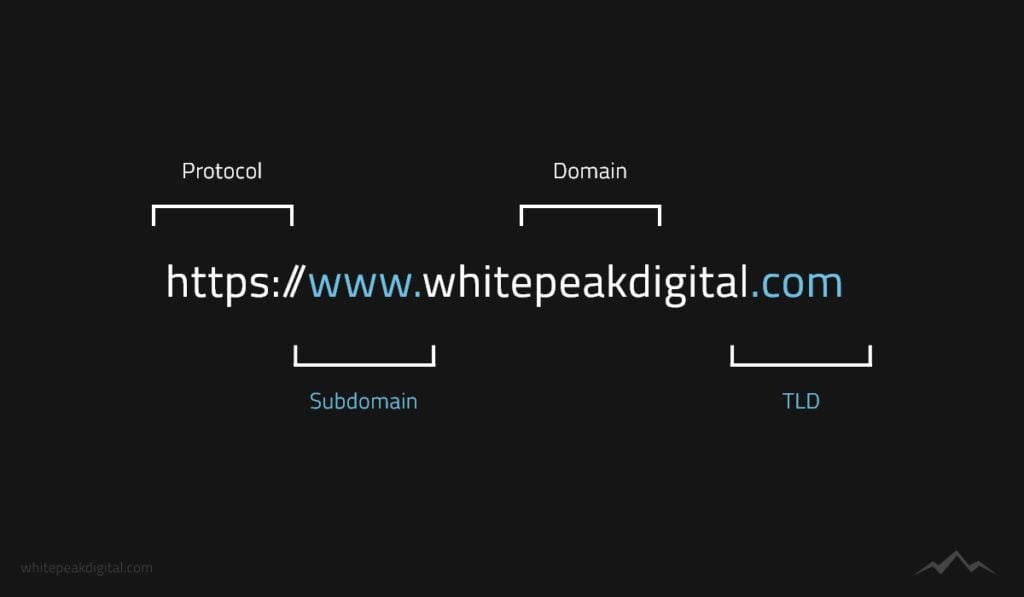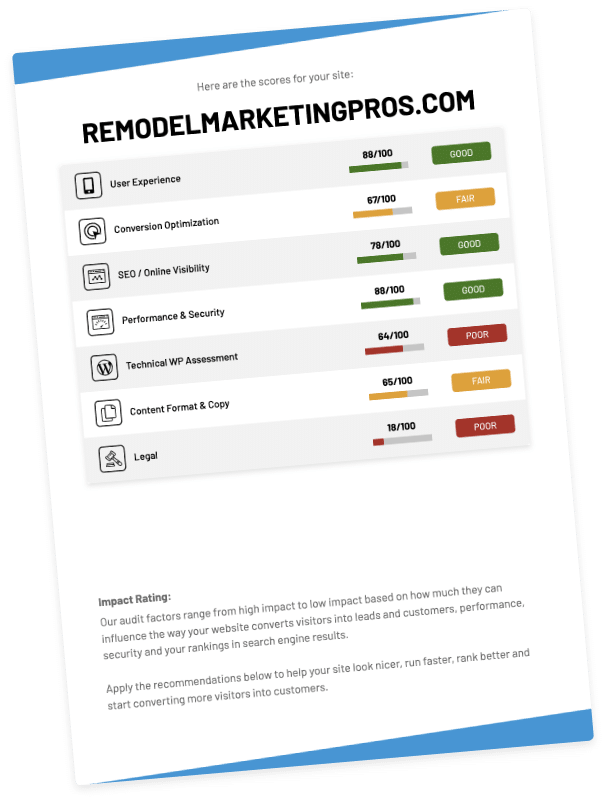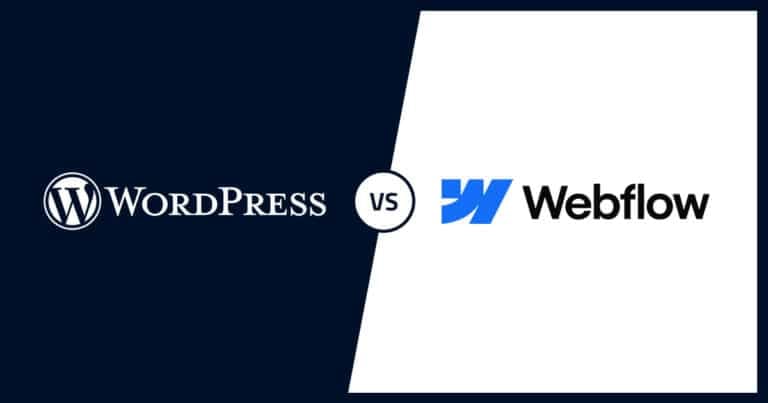Choosing the right domain extension is a crucial decision for any Australian business when building a website.
For many, the choice comes down to .com vs .com.au domain – but which one should you pick?
Your domain not only impacts a potential customers first impression of your business online but also influences how your business is perceived by both local customers and a broader audience.
This guide will dive into the differences between .com and .com.au, helping you understand how each domain extension can impact your brand identity, website traffic and overall credibility in the Australia.
Choosing the Right Domain Extension for Your Business
Selecting the right domain extension is a key decision for any Australian business.
.com stands for “commercial” and was the original top-level domain (TLD).
It’s a global extension that conveys an international reach and presence, making it ideal for businesses aiming to appeal to a worldwide audience.
.com.au is a country code top-level domain (ccTLD) that clearly identifies your business as Australian.
It signals to users and search engines that your business primarily caters to an Australian audience, enhancing trust and local relevance.

.com Domain Extension
- Benefits: A .com domain is recognised globally, making it ideal for businesses aiming to reach an international audience. It’s a versatile top-level domain that can boost your brand’s global credibility.
- Limitations: It may not resonate as well with local customers in Australia, potentially weakening your Australian presence. These domains are also highly competitive, meaning your desired name might already be taken.
.com.au Domain Extension
- Benefits: A .com.au domain signals that your business is Australian, which can build trust and credibility with local customers. It’s often easier to find available domain names with a .com.au extension and it can improve your visibility in local search results.
- Limitations: While it strengthens your connection with Australian users, a .com.au domain may not be as effective for businesses looking to expand globally. It also requires your business to be a registered entity in Australia, which might be a hurdle for some.
In summary, if your business primarily targets the Australian market or local customers, a .com.au domain might be the better choice.
However, if you have international ambitions, a .com domain could be more beneficial. Consider your target audience and long-term goals when making your decision.

Branding & Memorability
A .com domain is often perceived as the standard for online businesses worldwide.
It’s easy to remember and lends credibility to your brand, especially if your business operates internationally.
However, because .com is widely used it can often be difficult to find an available domain name that you can purchase.
On the other hand, a .com.au domain highlights your Australian presence, making it a strong choice for businesses focused on the local market.
It clearly signals that your business is based in Australia, which can help build trust with Australian customers.
.com.au domains are also more likely to have your desired name available, enhancing your brand’s memorability.
When choosing between .com and .com.au, consider how you want your business to be perceived and the ease with which customers can recall your online address.

Search Engine Optimisation Considerations
Your choice between .com and .com.au can impact your SEO strategy, particularly in the Australian market.
A .com.au domain is favoured by search engines like Google when delivering results to Australian users.
It can improve your visibility in local search results, making it easier for local customers to find your business.
This is particularly important for businesses with a strong local focus or those competing in the Australian market.
On the other hand, a .com domain may be better suited for businesses targeting a global audience.
However, you can still target specific regions through geotargeting settings within Google Search Console, but it may require additional configuration.
In terms of SEO, a .com.au domain gives you an edge in reaching an Australian audience. However, if your goals extend beyond Australia website design, a .com domain might offer broader appeal.
Consider your target audience and how search engines will rank your domain extension in different regions.
Eligibility & Registration Requirements
When choosing between .com and .com.au, understanding the eligibility and registration requirements is crucial.
.com Eligibility Requirements
.com domains are open to anyone, with no specific eligibility criteria, making them accessible for businesses worldwide.
The registration process is straightforward, requiring only basic information about the registrant.
.com.au Eligibility Requirements
Registering a .com.au domain has stricter requirements.
Your business must be a registered Australian business or organisation with an ABN, ACN or relevant government identification.
This ensures that .com.au domains are used by legitimate Australian businesses, adding a layer of trust for local customers.

Buying Multiple Domain Names
For businesses looking to protect their brand and maximise website traffic, purchasing multiple domain extensions can be a smart strategy.
Registering both .com and .com.au domains ensures that your brand identity is protected across different markets, preventing competitors from using a similar domain name.
By owning both extensions, you can redirect traffic from one to the other, ensuring a consistent online experience for visitors.
For instance, a .com.au domain could redirect international traffic to your .com site or vice versa.
This approach not only safeguards your brand but also optimises your reach across both local and global audiences.
Additional Domain Extensions to Consider
- .au
- .net
- .net.au
- .org (for non-profit organisations)
- .org.au
- .edu (for educational institutions)
- .edu.au

The New .au Domain – Should You Buy It?
The .au domain is a shorter, more streamlined option that was introduced to provide businesses with an even simpler Australian domain extension.
Unlike .com.au or .net.au, the .au domain doesn’t include a second-level domain like “.com,” making it a direct representation of your Australian presence.
While not mandatory, securing a .au domain can be a smart move for brand protection.
It helps prevent competitors from registering your business name with the .au extension and it can simplify your online address for customers.
If you’re already using another domain, like .com.au and aren’t concerned about brand protection, there’s no need to buy the .au domain.
However, for those looking to strengthen their brand’s consistency and protect their online presence, securing the .au version might be a worthwhile investment.

Our Recommendation
When deciding between .com and .com.au domains, consider your business goals and target audience.
If your focus is on the Australian market, a .com.au domain can enhance your credibility with local customers and improve your visibility in local search results.
For businesses with international ambitions, a .com domain offers broader recognition and appeal.
If you’re concerned about brand protection, registering both .com and .com.au domains is a strategic decision.
If you’d like to discuss these options further with our Brisbane web design or Brisbane SEO experts then do not hesitate to contact us today.
Frequently Asked Questions
What is the main difference between .com and .com.au domains?
.com is a global domain extension suitable for international businesses while .com.au is used by Australian online businesses to build trust with local customers.
Can you change from a .com to a .com.au later?
Yes, you can switch from a .com to a .com.au domain later. However, this involves setting up the new domain, updating your online listings, and redirecting traffic from your old domain to the new one to maintain website traffic and search engine rankings.
Does a .com.au domain improve local SEO?
Yes, a .com.au domain can improve local SEO and visibility in local search results, making it easier for Australian customers to find your business online.
Should I buy the new .au domain?
If brand protection is a concern, securing the .au domain is beneficial. However, it’s not necessary if you’re already using another domain and are not worried about brand consistency.
What are the eligibility requirements for a .com.au domain?
To register a .com.au domain, your business must be a registered Australian business with a valid ABN or ACN, ensuring only legitimate businesses can use it.
Can I register both .com and .com.au domains for my business?
Yes, registering both domains is a good strategy for brand protection and can help manage traffic from both local and international audiences.
To your success,
Jackson




